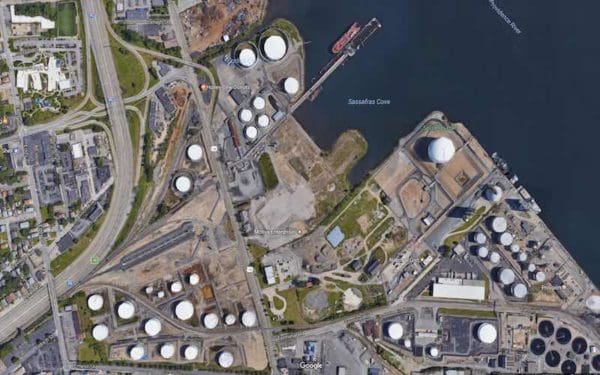The Year Ahead at the Vermont State House
CLF is focused on cutting carbon and plastic pollution, protecting our children from lead poisoning, and securing funding to clean up Lake Champlain.
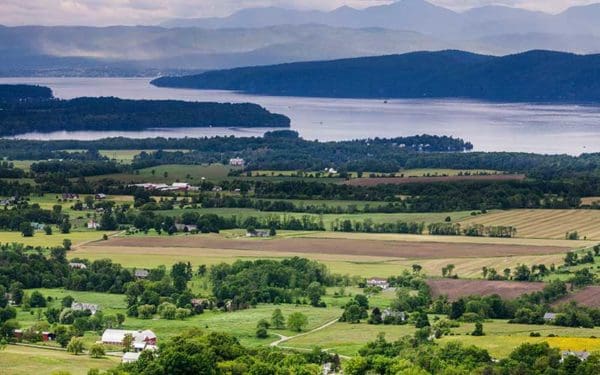
CLF is focused on cutting carbon and plastic pollution, protecting our children from lead poisoning, and securing funding to clean up Lake Champlain.

Stormwater pollution is shutting down Rhode Island’s ponds and beaches. CLF is calling on EPA to hold polluters accountable for their dirty discharge.

Stormwater pollution is making Rhode Island waters unsafe for swimming, fishing, and boating. CLF is asking the state’s Department of Environmental Protection to hold polluters accountable for their runoff.
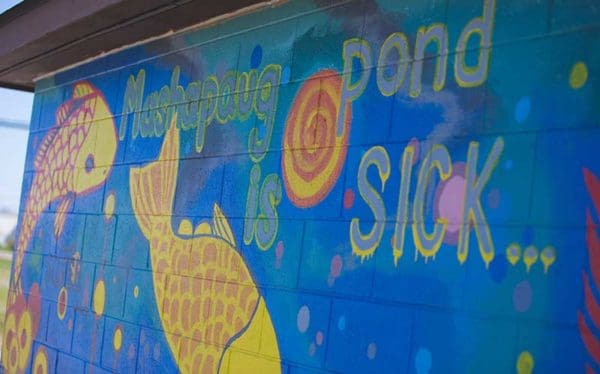
“No one should be given a free pass to pollute Rhode Island waters,” said James Crowley, Staff Attorney at CLF. “Years of toxic runoff have endangered our waters, closed our beaches, and threatened important wildlife habitats. Our communities deserve to enjoy these areas without being sickened by toxic pollution that has gone unchecked for decades. The state has the power to hold these polluters accountable and it must act now to protect our waters for future generations.”
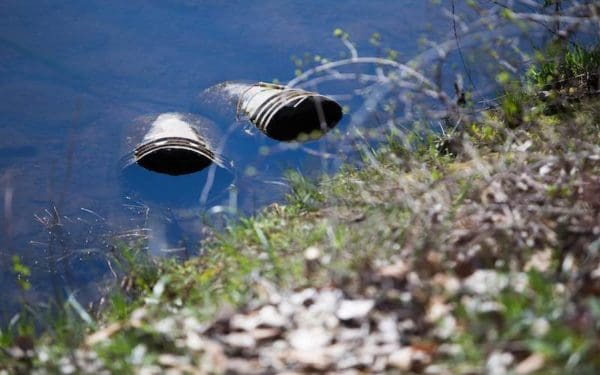
The day after the election, CLF President Brad Campbell joined Staff Attorney Emily Green and special guest Jamie Hoyte – former Massachusetts Secretary of Energy and Environmental Affairs and currently Senior Advisor with Tremont Strategies Group – to talk through what the election results mean for New Englanders.
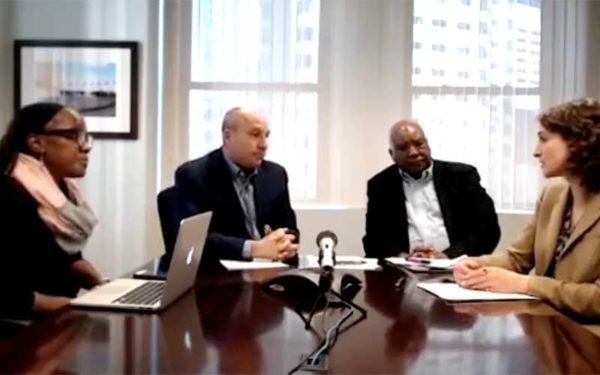
Vermonters are concerned about the health of Lake Champlain. Whether you’ve got five minutes, an hour, or more, you can get involved in clean water advocacy to help the lake.
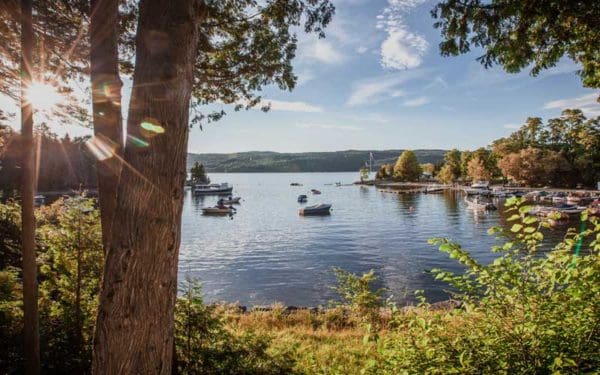
Pollution from stormwater runoff is one of the biggest threats to clean water in New England. A new permitting rule could improve stormwater pollution in Vermont.
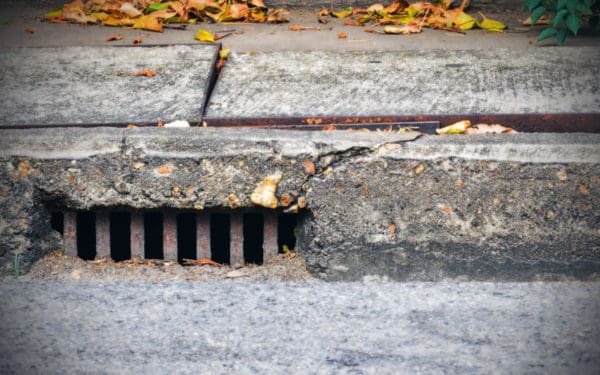
Vermonters can no longer take the safety of our drinking water for granted. In 2016, the widespread contamination of drinking water in Bennington County with toxic chemicals grabbed our attention and forced the question: exactly how safe is our drinking water?
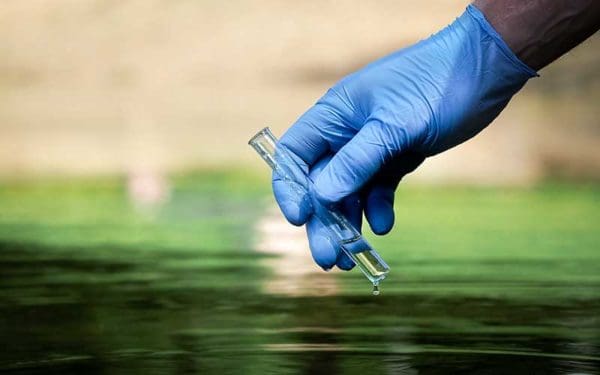
“What isn’t a solution is leaving a very dirty facility like this right at sea level in a Federal Emergency Management Agency flood zone with no consideration of the impacts of climate change,” said Chris Kilian.
“Shell’s facility is an accident waiting to happen,” said Chris Kilian, Vice President of Strategic Litigation at CLF. “One severe storm could result in the terminal spilling toxic chemicals into the Providence River and surrounding communities. The company has failed to prepare the facility for the effects of climate change, even as sea levels continue to rise and stronger storms are becoming more frequent. We will continue the fight to protect the community and our environment from the dangers posed by this terminal.”
